The Cruise Vessel Security and Safety Act (CVSSA) provides a framework for addressing crimes committed on cruise ships, with specific provisions to support victims.
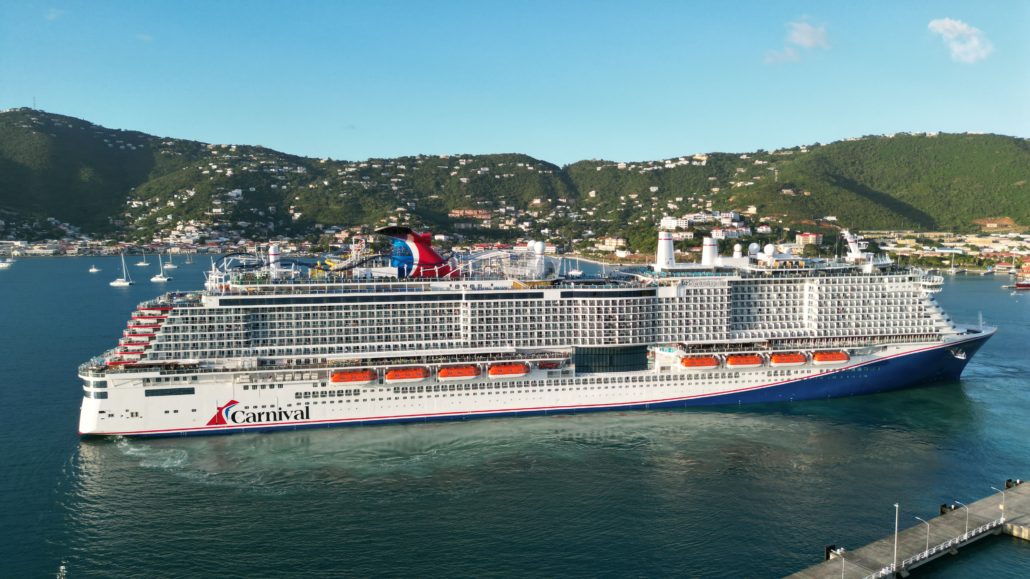
This includes mandated assistance services and access to medical and legal resources, ensuring victims receive the necessary care and support.
The CVSSA applies to cruise ships that embark or disembark passengers in a United States port. This means it only applies to ships that make a stop at a U.S. port as part of their voyage, regardless of their origin or final destination.
Which Cruise Ships are Subject to the CVSSA?
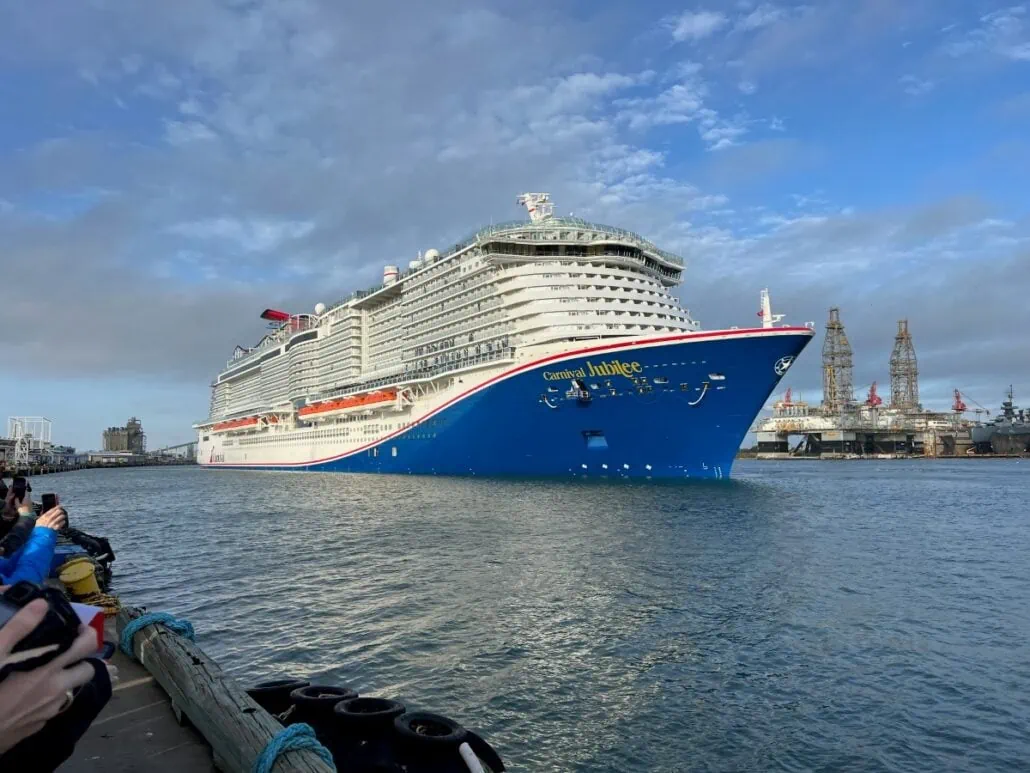
- Cruise ships that carry more than 250 passengers and embark or disembark passengers at a U.S. port fall under the jurisdiction of the CVSSA.
- It doesn’t matter where the cruise ship is registered or where it sails (as long as it touches a U.S. port).
Which Maritime Jurisdictions are Covered?
The CVSSA only applies to U.S. territorial waters and on-board cruise ships while they are in U.S. territorial waters. Once a ship leaves U.S. territory, it falls under the jurisdiction of the country whose flag it’s registered under and any international agreements it’s subject to.
Advocacy and Assistance
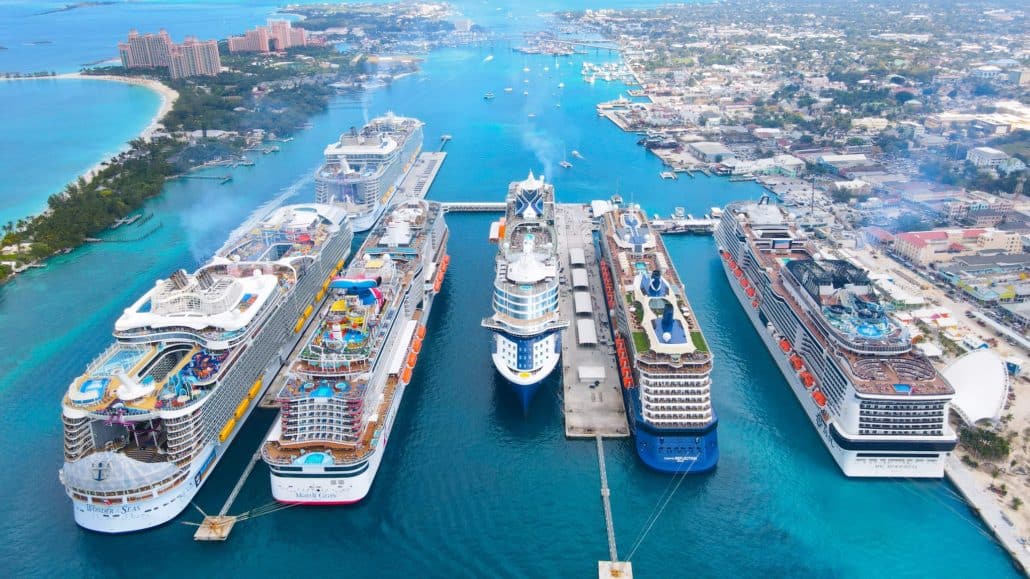
Victims of crime, including sexual assault cases and abuse aboard cruise vessels, are entitled to receive immediate support. The CVSSA ensures that:
- The Cruise Vessel Safety and Security Act (CVSSA) ensures that cruise lines must offer confidential access to the National sexual assault hotline program and victim advocacy groups.
- Under the Cruise Vessel Safety and Security Act, support services, including counseling, are available on-board for victims.
- The on-board Security Officer is the primary contact for reporting crimes and coordinating victim assistance.
Training standards for crew members also include crime detection and evidence preservation procedures, essential steps in the law enforcement process.
Medical and Legal Resources for Cruise Ships

For victims of crime, the Cruise Vessel Safety and Security Act mandates:
- Immediate medical care, including a forensic sexual assault examination by trained medical personnel, if needed.
- Access to private communications with shore-based law enforcement officials, an attorney or legal representative, the embassy, and health care providers.
- The CVSSA provides for preparations for evacuation to a facility onshore for additional treatment, emphasizing the importance of understanding the legal process under this Act.
- Explanation of the legal process, including how to report crimes to U.S. federal agencies, such as the FBI, if the incident occurred in international waters or involved a United States national.
Victims’ rights under the CVSSA are transparent and aim to facilitate a supportive environment.
The Act necessitates that cruise lines be equipped to deal with serious crimes, providing victims with resources and guidance for their protection and the pursuit of justice.
Cruise Line Adoption of CVSAA
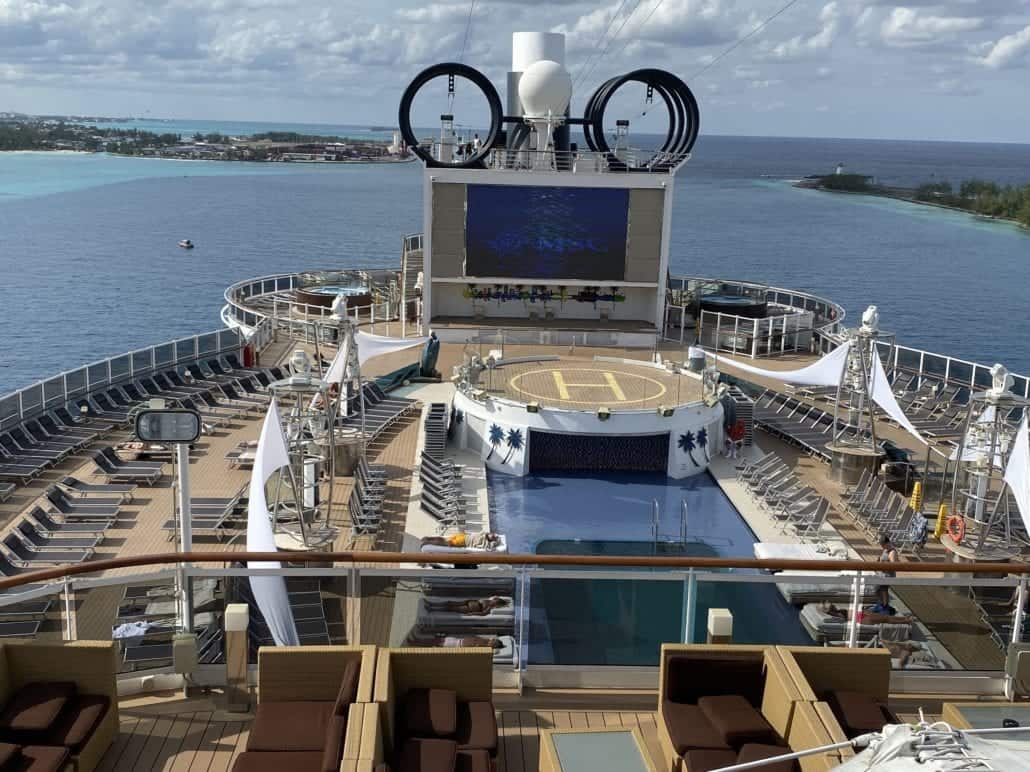
In compliance with the Cruise Vessel Safety and Security Act, cruise lines have been required to adopt many safety protocols. Notably, these include installing rails at proper heights, systems for detecting and recording falls overboard, and ensuring the availability of hailing devices.
The Act, specifically the Cruise Vessel Safety and Security Act, necessitates crime prevention and response training for crew members.
To address health and victim care, CVSSA mandates the accessibility of onboard medical staff trained in sexual assault trauma response and the maintenance of anti-retroviral medications and rape kits.
CVSSA also obliges cruise lines to provide security guides that clearly detail ship security personnel procedures and contact information for reporting crimes.
Public access to information about crime has been improved by requiring cruise lines to report criminal activities to the FBI and USCG, with the Maritime Administration (MARAD) involved in establishing training standards.
Effectiveness and Challenges
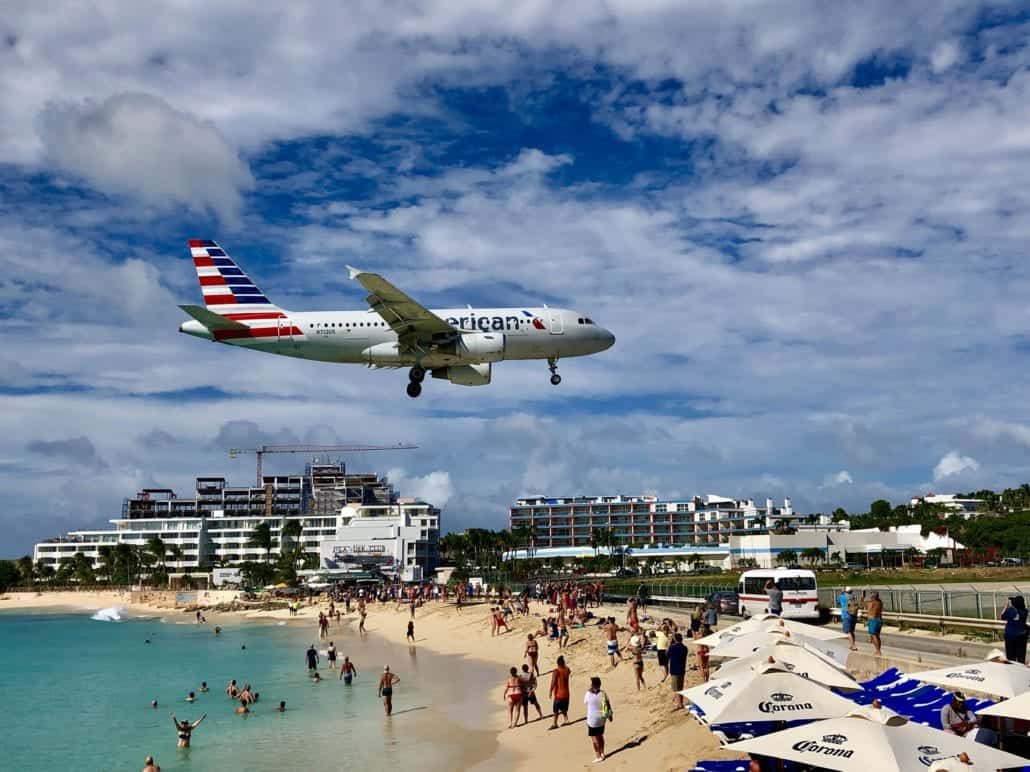
The effectiveness of CVSSA faces hurdles concerning compliance and enforcement, particularly within the diverse international maritime jurisdictions.
While the Cruise Vessel Safety and Security Act has led to improved vessel safety features and crew training, measuring its direct impact remains complex. Implementing technology for accurately recording and preserving evidence of crimes has been an operational challenge for some vessels.
Ensuring global itinerary compliance with CVSSA standards presents challenges due to varying international laws. Despite these obstacles, the Act has played a vital role in promoting the cruise industry’s commitment to ensuring the safety and security of passengers onboard cruise ships.
However, ongoing oversight and adaptation are crucial to combat the ever-evolving threats faced at sea.



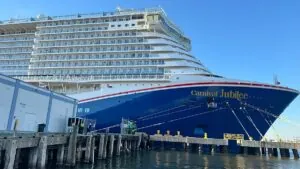
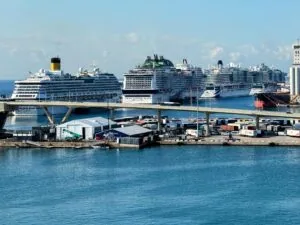
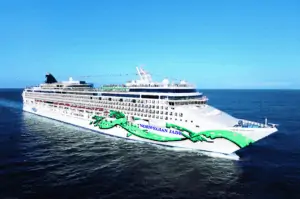
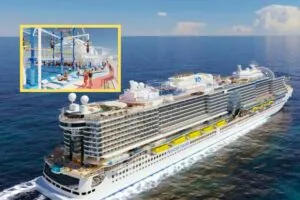
![First Time Cruise to Europe + Cruise News [Podcast]](jpg/1681310099-msc-world-europa-maiden-call-genoa-italy-1-300x206.jpg)
